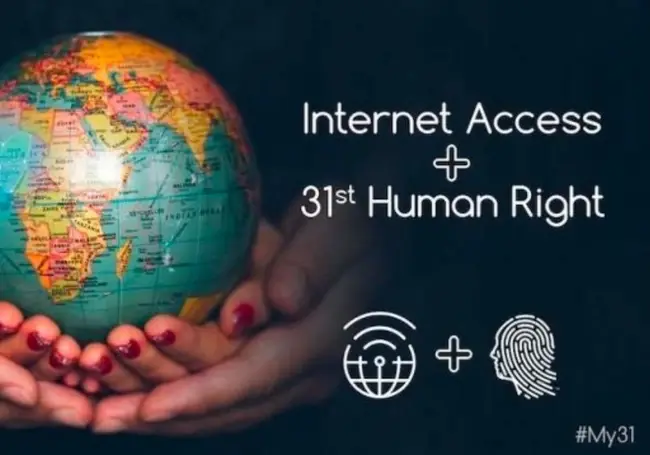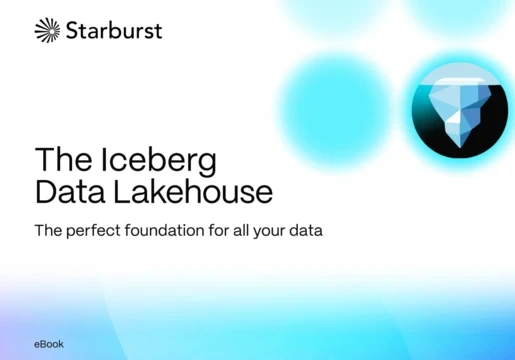In an anxious climate of data acquisition and GDPR uncertainty, Hu-manity.co is championing decentralised human rights. While there are 30 human rights, none have the capacity to protect us from our inherent human data being bought and sold as commodities.

Hu-manity.co is the world’s first and only organisation developing human rights in a decentralised manner on blockchains. The organisation is based in New Jersey, USA but operates across the entire globe. The human data marketplace is worth an estimated $150B to $200B annually, and Hu-manity.co argues that this data is acquired and sold without “consent, authorisation, consideration, or compensation.” The vision of the foundation is thus to grant human data “the legal characteristics of property ownership such as involvement in sale, fair market value negotiations, sharing, lien, and security.”
An AI tool recently discovered that some of the biggest tech companies are failing to comply with the new European privacy rules. The report states that the policies of Apple, Google, Facebook, and Amazon are vague and unclear. While this is worrying, inherent human datasets go beyond a Facebook profile.
An individual’s dataset can include sensitive information like geospatial data, driver and vehicle history, consumer spending habits, medical history, travel, dining, and recreational habits. “A bright future requires social policy to be enhanced by technology” Derek Hansen, Chief Research Officer at Hu-manity.co commented. “With technology advancing faster than our social constructs, billions of people are marginalised today through human rights that are inadequate for the digital age.”
The organisation recently launched Hu-manity.science, an initiative that will provide research based on blockchain and artificial intelligence to empower people through decentralisation. According to the foundation, the research will focus on the convergence of social policy and technological innovation to catalyse socioeconomic impact. Hu-manity.science scholars aim to develop a landscape that will enable future communities to resist exploitation, and instead allow them to harness the power of disruptive technological innovations.
The goal is to educate, encourage thought leadership content, and ultimately increase adoption and collaboration. “Everyone has the right to legal ownership of their inherent human data as property,” R. “Ray” Wang, Hu-manity.science research scholar and advisory board member declared. “You can choose to ensure all forms of privacy evolve into fundamental human rights."







Comments ( 0 )